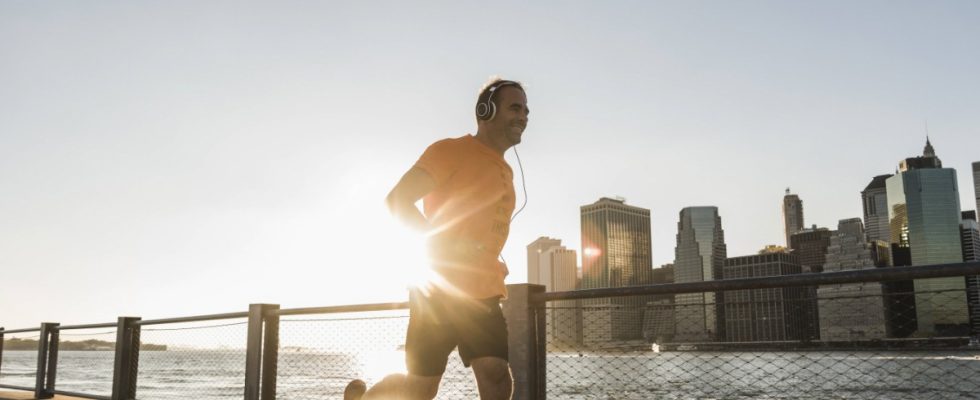The stream of everyday complaints is constantly swelling. Everyone is constantly having a hard time, suffering from pressure, having to endure stress and barely being able to keep their heads above water. At work? Nothing but pressure! In the family! Everything sewn on the edge, totally awesome! And the poor children at school, tortured by expectations, kept down by the pressure to perform in the educational hell realm between math, Latin and national youth games.
Where is this supposed to end? Anyone who has an audience lets them share in their everyday torments, reports on the stress they are under, explains how mean it all is and how close to burnout they are. Brief exaggeration break: Yes, life can be really stressful. But still, what does the counter-utopia look like to this ever-present narrative of everyday life as a soul-breaker? Just idleness? Watching YouTube short videos for hours, booking a season ticket for a yoga retreat and doing nothing but self-care all day long, to use that nasty present word?
The state of flow is more likely to occur during difficult activities
It is clear that effort and hardship, of course in the right measure, are part of a fulfilled life. Anyone who avoids reaching for something, shys away from every small challenge and ducks the pressure that inevitably comes with it, is depriving themselves of happiness. Israeli economists Arie Sherman and Tal Shavit a study in Journal of Happiness Studies published, which once again suggest these beneficial side effects of effort, especially at work. Nevertheless, the data from the 1,954 participants in the study cannot be used to distill a case that only hardship in the job is the key to greater satisfaction. According to the study, effort is also associated with feelings of meaning and happiness when people put effort into hobbies or are committed to friends, the community or their own health.
“The classic position in standard economic thinking,” write Sherman and Shavit, “is that personal effort should always be minimized.” People therefore chose the path of least resistance, and a good horse, as the trite saying goes, only jumps as high as it has to. Of course this is true to some extent, but not completely. According to Sherman and Shavit, the psychological research literature adds that the best experiences in life do not come from phases of relaxed passivity, but rather from activity, self-efficacy and effort.
The state of flow, i.e. being completely absorbed in an activity and forgetting everything else around you, is more likely to occur in difficult, challenging activities. This also applies to leisure activities: on a strenuous mountain hike you are more likely to enter a kind of meditative state than in front of the television, which can then turn into long-lasting satisfaction after the tour. In the end, as the British philosopher Bertrand Russell said: When everything comes to a person effortlessly, he deprives himself of one of the ingredients of happiness. Without any pressure, everything is bland and empty.

